Israeli lawmaker warns of ‘religious war’ after court allows settlers to pray at al-Aqsa Mosque
A senior Israeli lawmaker has warned that a recent court ruling allowing settlers to pray at the al-Aqsa Mosque compound in the occupied Old City of al-Quds could trigger a "religious war."
Ram Ben Barak, head of the Israeli parliament's foreign affairs and defense committee, made the remark on Monday, a day after the Israeli Magistrate’s Court in al-Quds rescinded a restraining order against three settlers who had prayed while visiting the holy site.
"I think that during this sensitive period care must be taken," he said, adding, "We should not, with our own hands, cause a religious war here or all kinds of provocations that are liable to ignite the Middle East."
He also voiced concern about the so-called flag march by far-right Israeli settlers at the al-Aqsa Mosque compound in the occupied East al-Quds, which its route includes the Muslim quarter of the Old City.
Ben Barak predicted that Prime Minister Naftali Bennett would wait until the night before the planned march to decide on its final route to prevent possible conflict.
"It is not always worth paying this price for a demonstration that is all about spectacle and little else," he said.
The so-called flag march was originally scheduled to be held on May 10, but Israeli right-wing groups shelved the controversial parade after the Israeli police refused to authorize it and Hamas warned of the consequences.
Nonetheless, the Israeli right-wingers reached an agreement with the Israeli public security minister Omer Bar-Lev to let the show roll in the occupied holy city on May 29.
The march marks Israel's occupation of the West Bank and East al-Quds in 1967.
Khaled al-Batsh, member of the politburo of Islamic Jihad, said going ahead with the flag march would be a "message of war" against Palestinians.
"The Palestinians will confront the flag march and the resistance will do all it should to protect al-Aqsa Mosque and the sacred sites," Batsh said.
As per a long-standing convention, settlers may visit the al-Aqsa Mosque compound, but are not allowed to pray. However, an uptick in settlers' visits to the mosque has angered Palestinian Muslims and led to protests, which were met with Israeli forces’ brutal attacks on the protesters.
Palestinian officials and resistance groups have repeatedly voiced concerns over the Israeli regime’s plot to divide al-Aqsa into Jewish and Muslim sections or set visiting times.
Recently, there has been a sheer escalation of atrocities by the Israeli regime against Palestinian worshipers at the al-Aqsa Mosque compound.
Outraged by the Israeli barbarity, Palestinian resistance groups have intensified their operations throughout the occupied territories.
The clashes in al-Quds had sparked fears of another armed conflict similar to an 11-day war in May last year between Israel and Gaza-based Palestinian resistance groups, including Hamas.
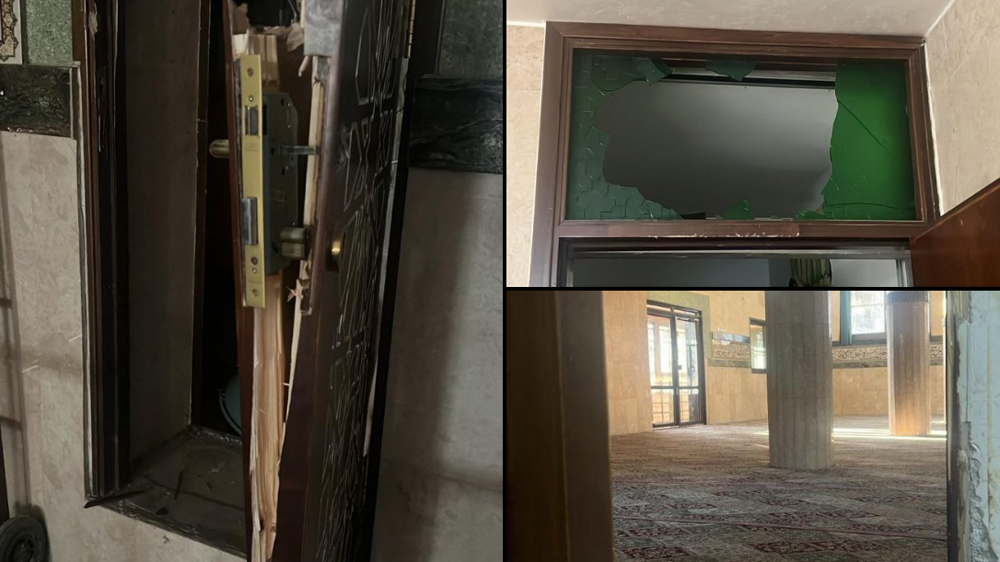
Israeli forces blow off doors of mosque in Nablus as violent raids rage in West Bank
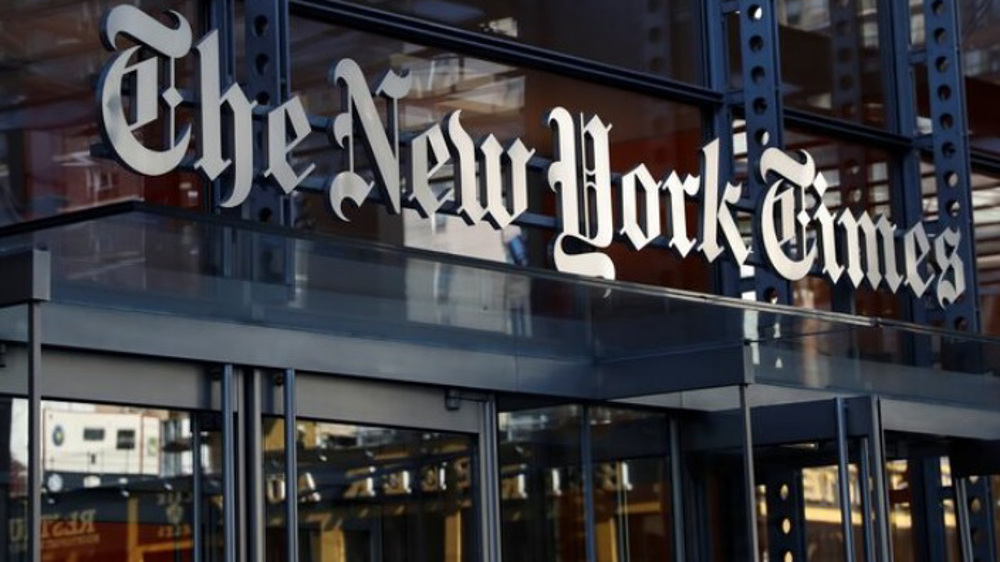
Hamas denounces NYT distortion of Marzouk’s comments on Op Al-Aqsa Flood
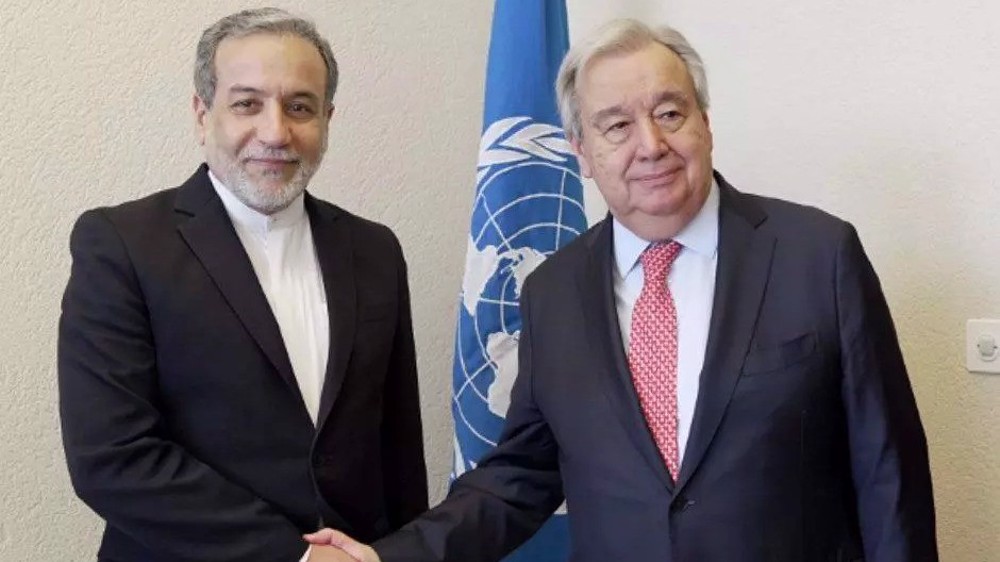
Araghchi tells UN chief: Israel must be held accountable for crimes against Palestinians
'Shocking attack on free expression': Canadian politician slams arrest of pro-Palestine activist
West Bank Palestinians fear Gaza style destruction as Israel escalates raids
Hamas: Ibrahimi Mosque massacre testament to Israel’s criminal policy
Trump eyes Ukrainian rare earth minerals in exchange for military support to Kiev
Six Gaza children, including newborn girl, die of cold weather as Israel blocks aid
Iran rules out nuclear talks with US amid ‘maximum pressure’ campaign
Israeli tanks roll into West Bank first time in 20 years as prelude to forcible annexation
VIDEO | Trump wants Ukraine's mineral wealth


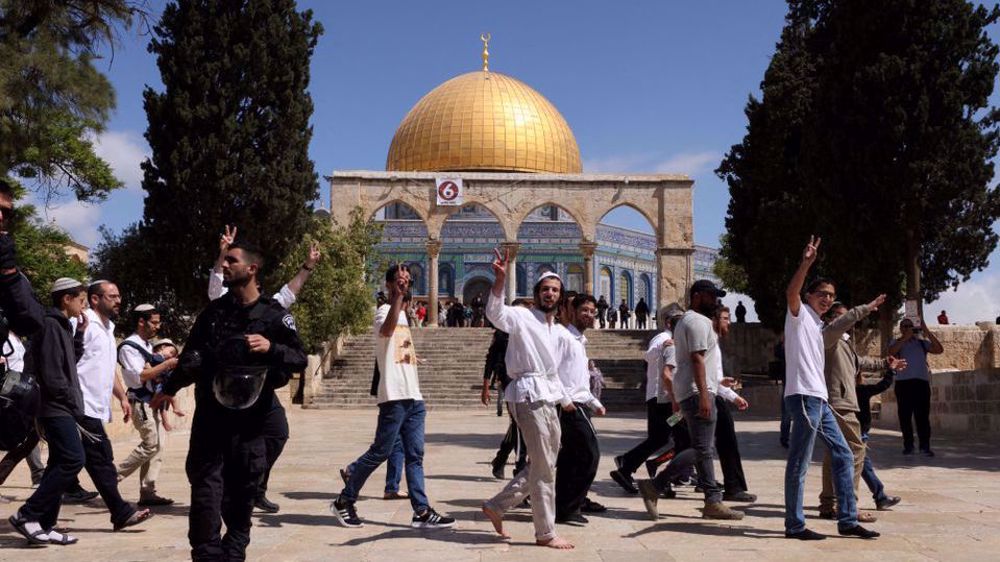
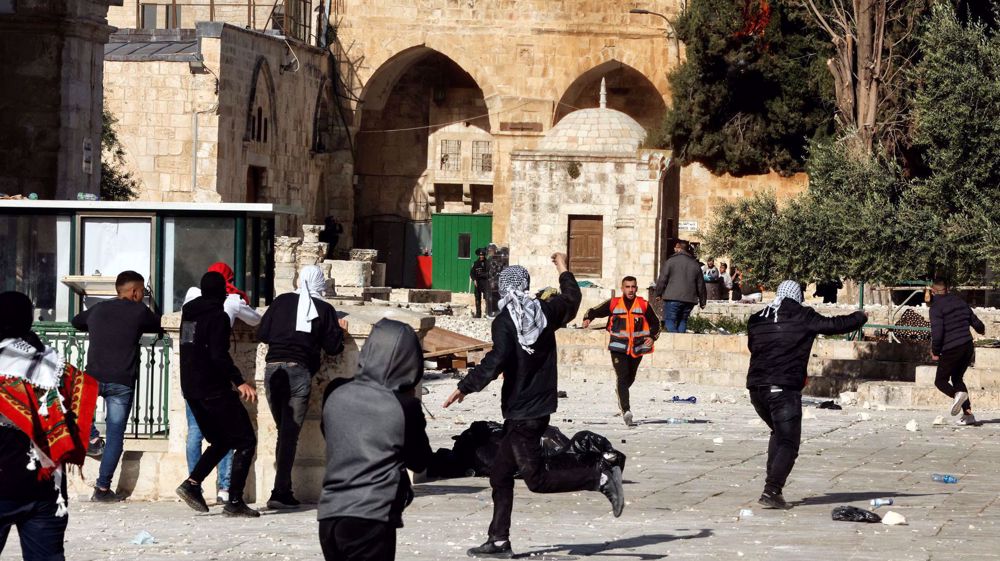
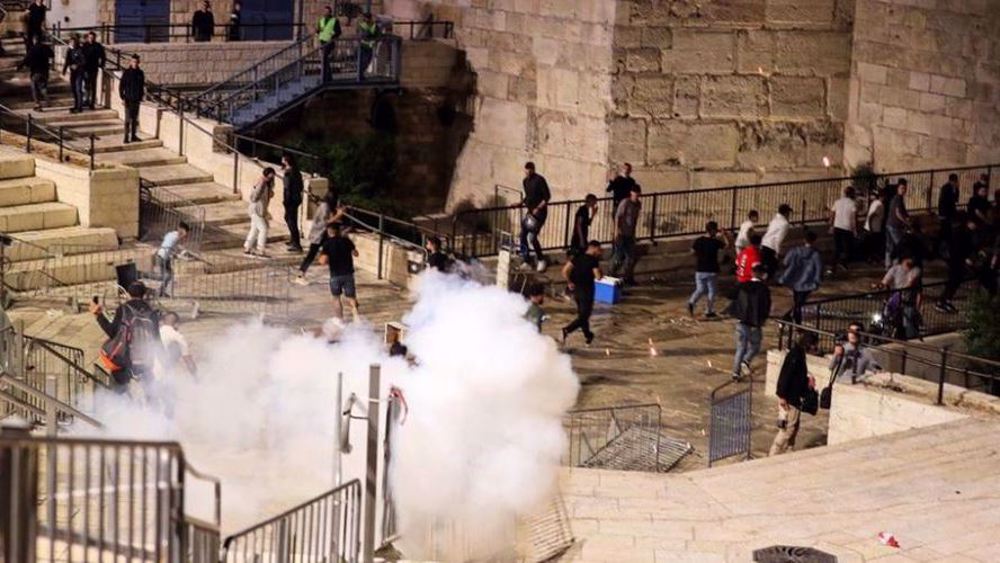



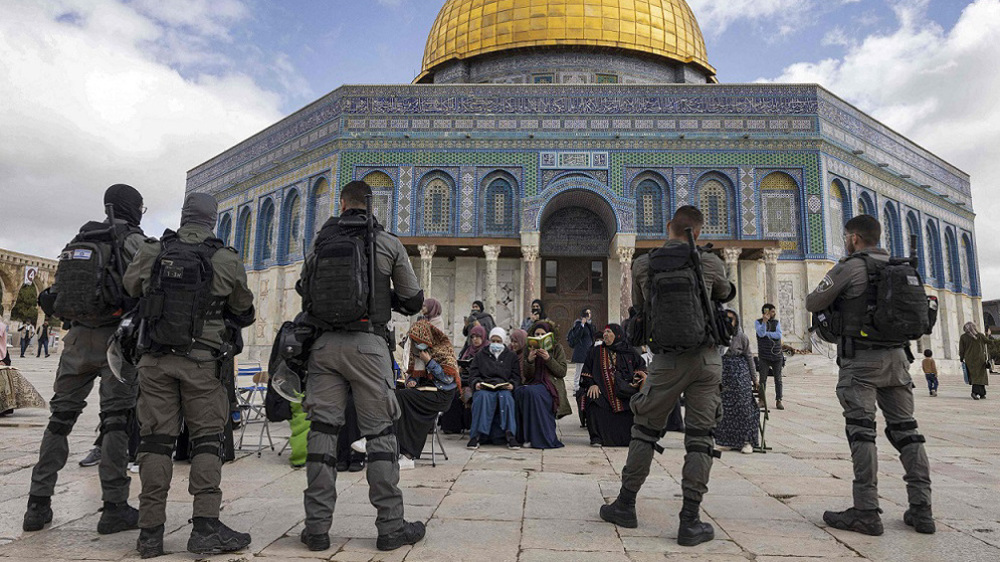
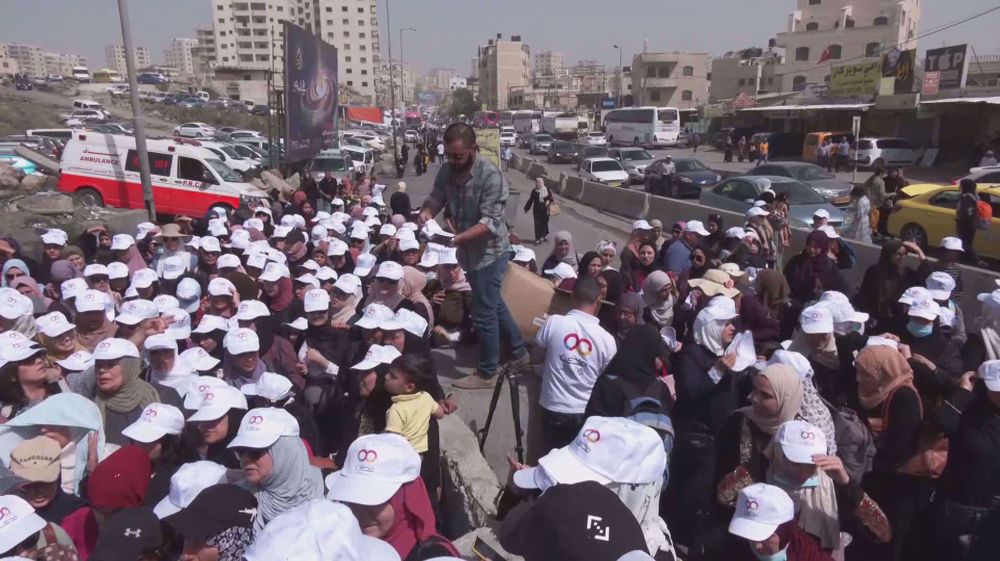
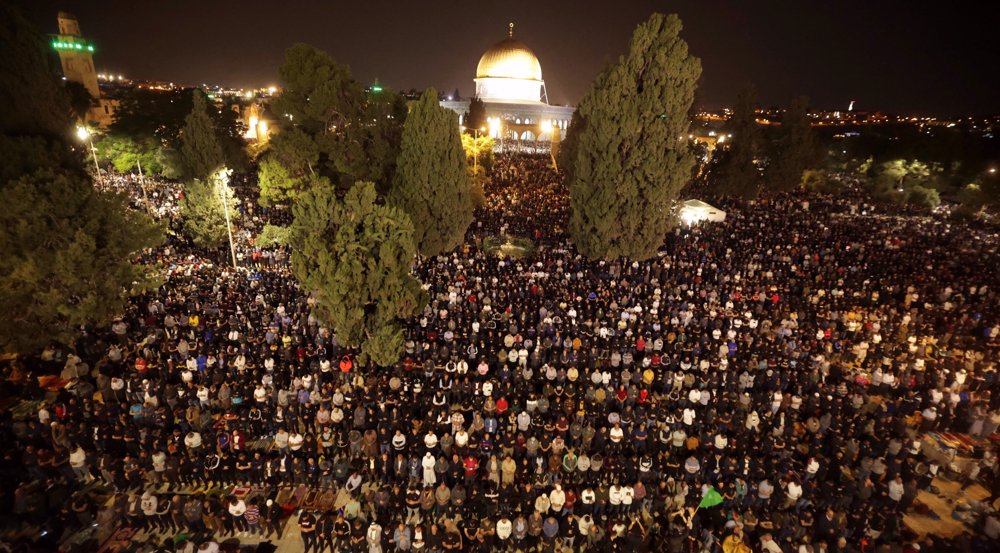
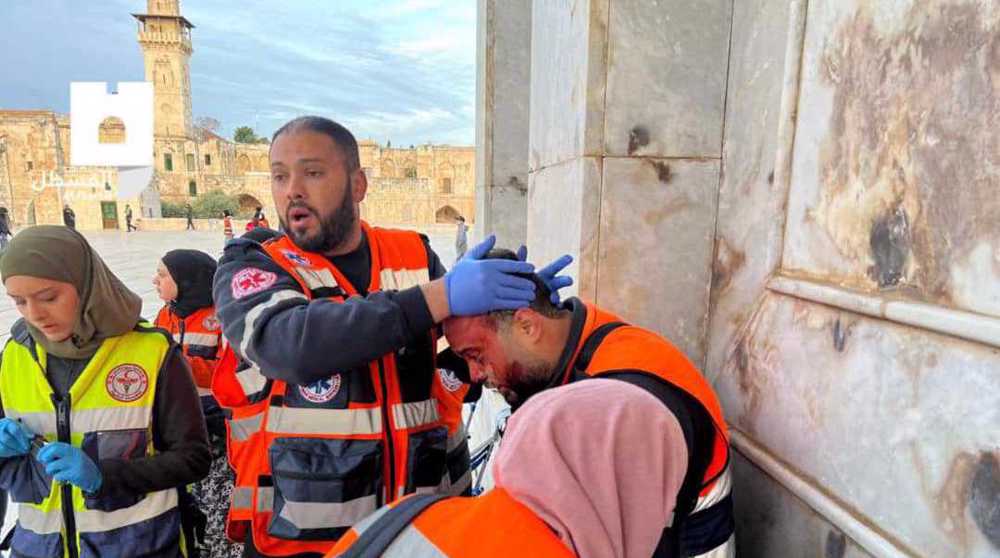
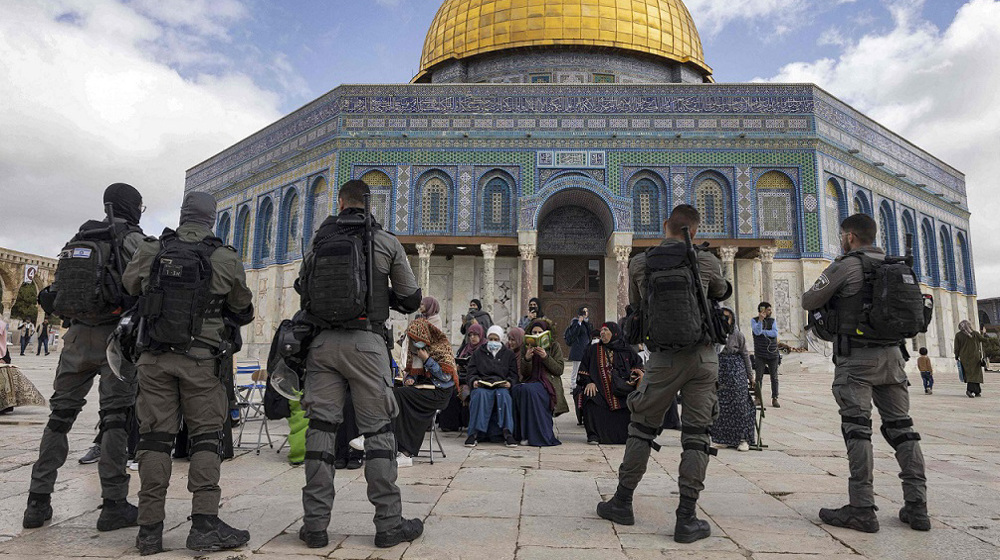

 This makes it easy to access the Press TV website
This makes it easy to access the Press TV website